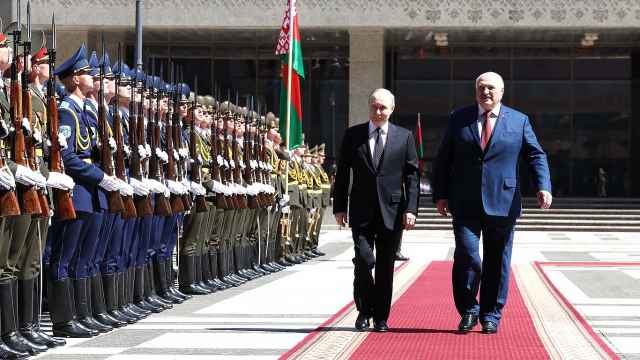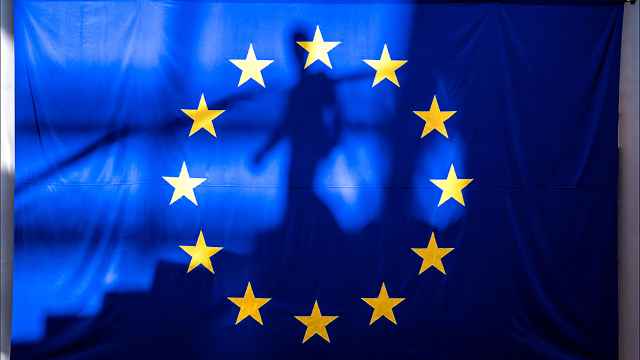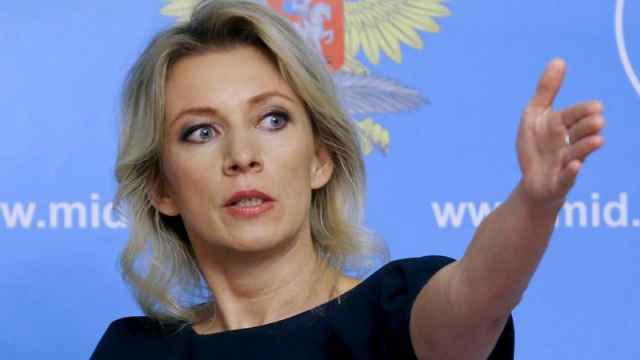Authorities in Moscow vowed Sunday to retaliate after the channels of several state media outlets were blocked for EU-based users of the messaging app Telegram.
The Telegram channels of RIA Novosti, Rossiya 1, Channel One, NTV, Izvestia and Rossiyskaya Gazeta stopped being accessible within the EU earlier on Sunday, according to media reports.
Neither Telegram nor European officials have commented on the disruption, which Moscow was quick to call "an act of censorship."
"The systematic cleansing of all undesirable sources of information from the information space continues," Foreign Ministry spokeswoman Maria Zakharova said.
Zakharova denounced what she called a "constant campaign of repression against Russian media in nearly all European Union countries," adding that "these attacks and similar ones against our media will not go unanswered."
"We reserve the right to respond in the same manner," she said.
Earlier, the EU banned Russian state media outlets like RIA Novosti, Izvestia and Rossiyskaya Gazeta from being distributed in the bloc, charging them with disseminating propaganda.
A Message from The Moscow Times:
Dear readers,
We are facing unprecedented challenges. Russia's Prosecutor General's Office has designated The Moscow Times as an "undesirable" organization, criminalizing our work and putting our staff at risk of prosecution. This follows our earlier unjust labeling as a "foreign agent."
These actions are direct attempts to silence independent journalism in Russia. The authorities claim our work "discredits the decisions of the Russian leadership." We see things differently: we strive to provide accurate, unbiased reporting on Russia.
We, the journalists of The Moscow Times, refuse to be silenced. But to continue our work, we need your help.
Your support, no matter how small, makes a world of difference. If you can, please support us monthly starting from just $2. It's quick to set up, and every contribution makes a significant impact.
By supporting The Moscow Times, you're defending open, independent journalism in the face of repression. Thank you for standing with us.
Remind me later.






